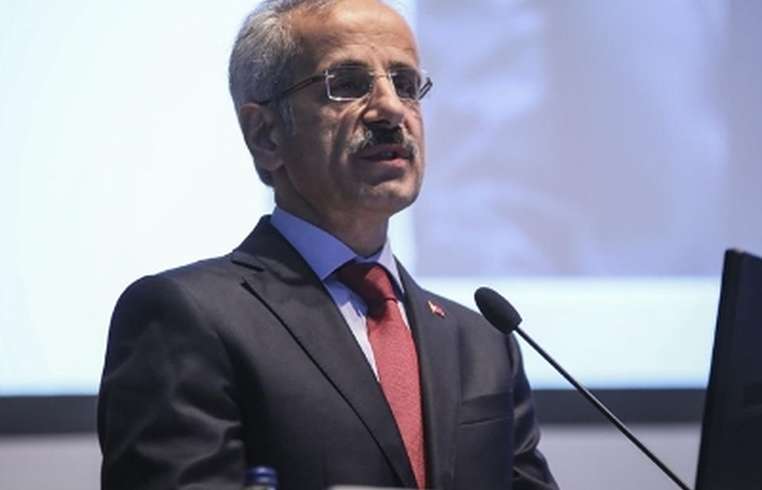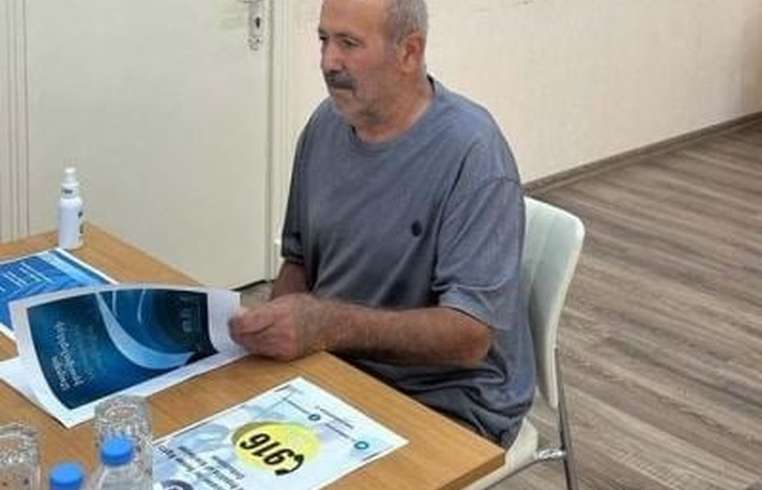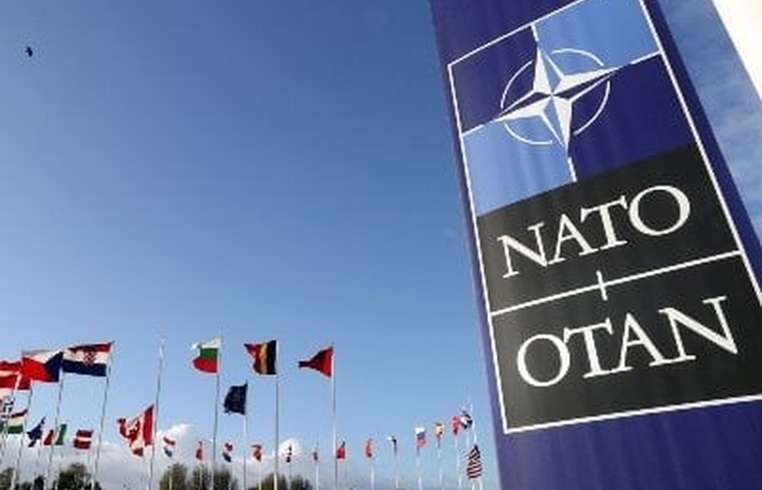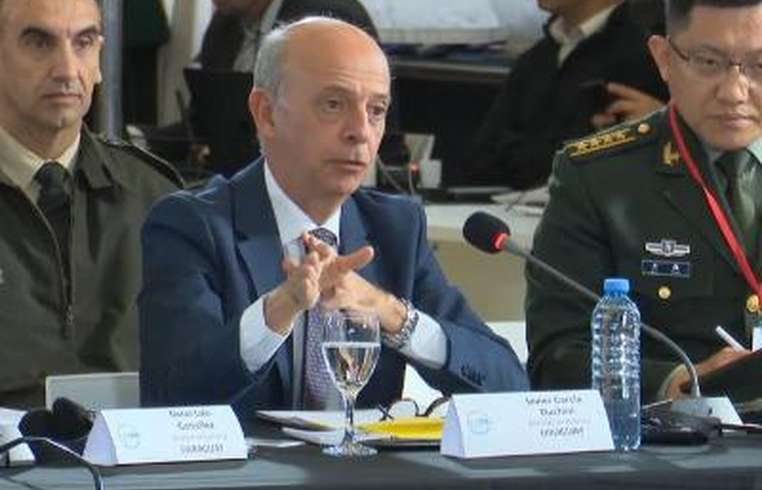
News - Zakharova: Anti-Russian, anti-Azerbaijani, anti-Iranian goals of EU mission in Armenia are becoming obvious
Business Strategy
Zakharova: Anti-Russian, anti-Azerbaijani, anti-Iranian goals of EU mission in Armenia are becoming obvious

We have repeatedly commented on the confrontational nature of this paramilitary presence of EU members on the territory of Armenia. Maria Zakharova, the spokesperson of the Russian Ministry of Foreign Affairs (MFA), stated this during Friday’s weekly press briefing—and when asked whether the Russian side notified France that it suspects European monitors in Armenia of spying. "We should not expect anything other than the destabilization of the foreign political situation and turning the region into another arena of geopolitical competition from the EU [monitoring] mission in Armenia," Zakharova said, noting that the Russian MFA did not inform France about its suspicions spying. According to her, Moscow has publicly and openly spoken about its negative attitude towards the EU monitoring mission in Armenia. "We have repeatedly commented on the confrontational nature of this paramilitary presence of EU members on the territory of Armenia. There's really no need to look anywhere for evidence, it's obvious. The anti-Russian, anti-Azerbaijani, and anti-Iranian goals of this mission are becoming more and more obvious. And it became clearer when the NATO countries which were not EU members began to join it," Zakharova said. She noted that the region was already unstable, but there is a chance to stabilize the situation, to resolve the long-term crisis, so as to open all opportunities for humanitarian communication between people and economic development. "And in general, bringing stability to the regional agenda and strengthening it there. Therefore, all the possibilities were there, the hard work began, which began to bear fruit. And that, of course, caused dissatisfaction in the West, which does not see this region as peaceful and safe," Zakharova added. The official representative of the Russian MFA expressed confidence that all issues in the South Caucasus should and can be resolved based on the collective efforts of the regional countries, solely in their interests and without external interference.






